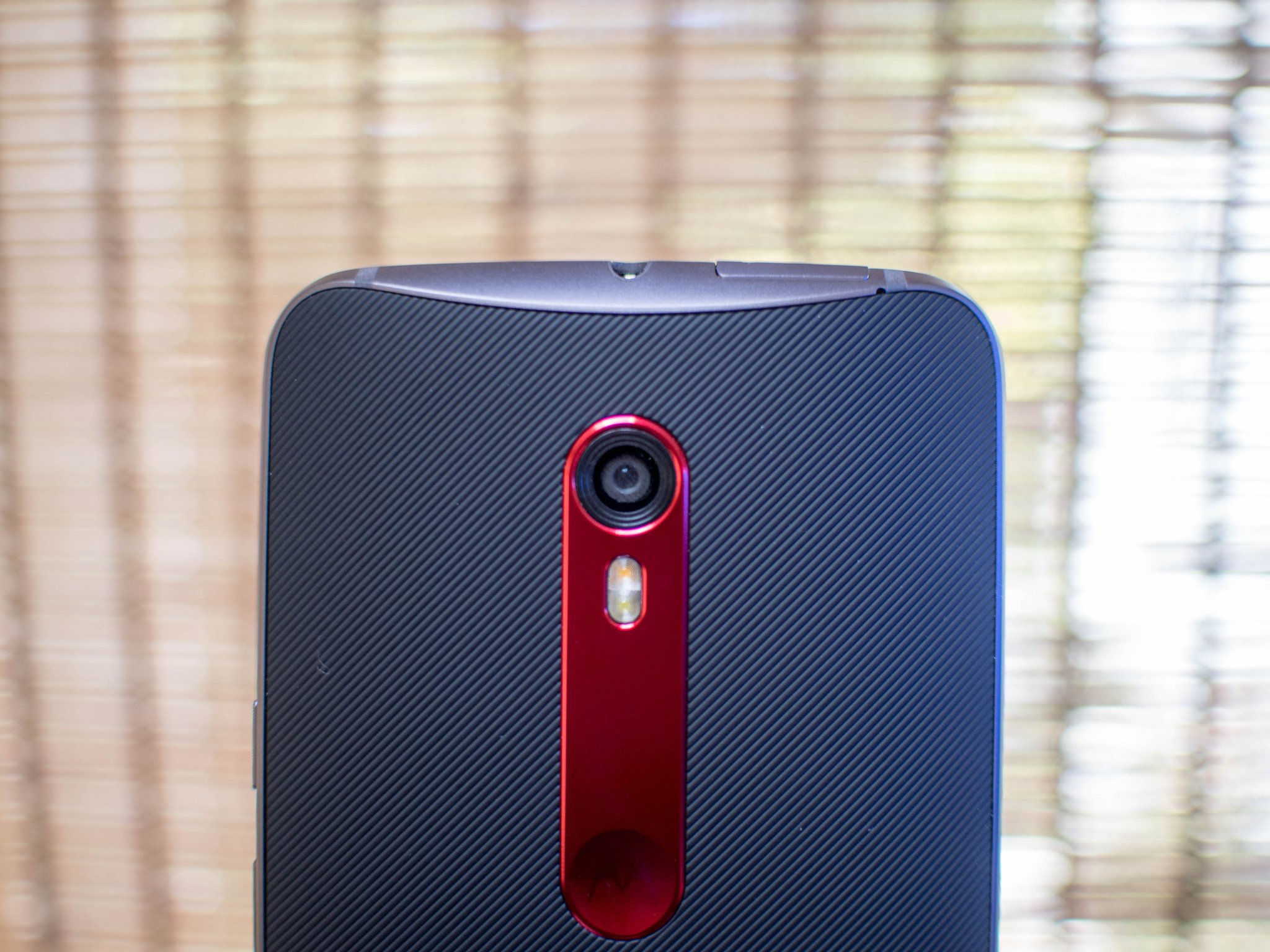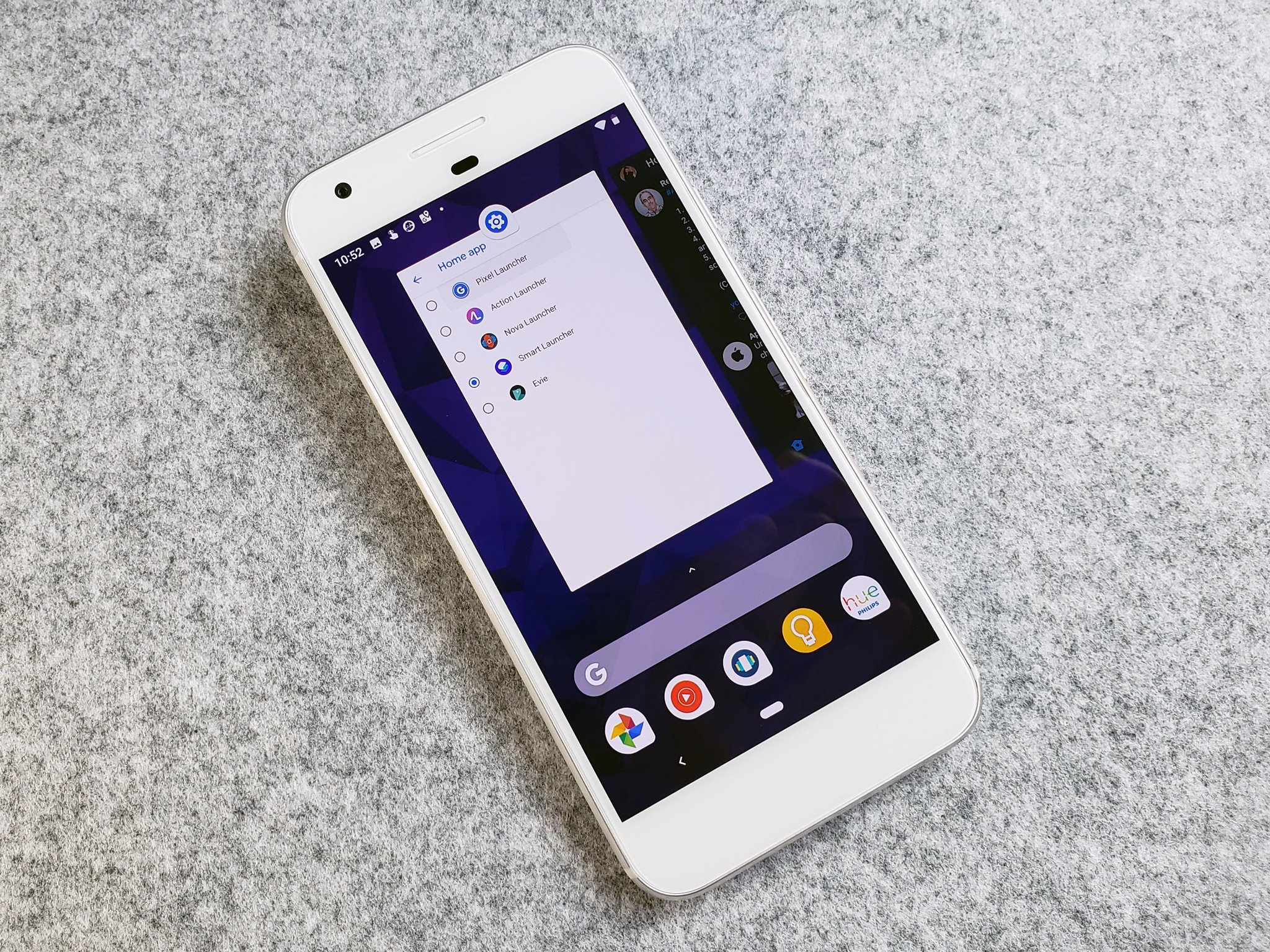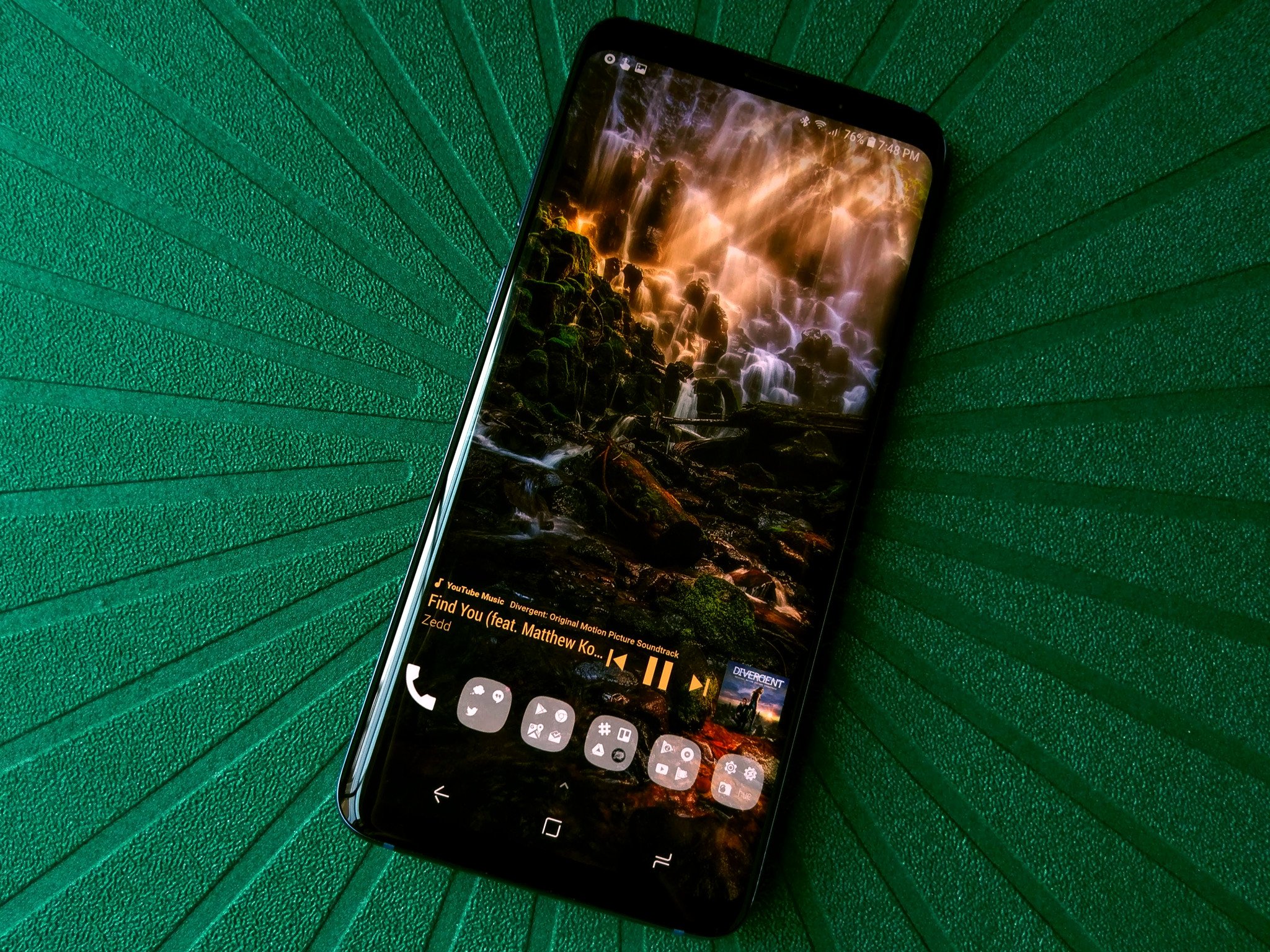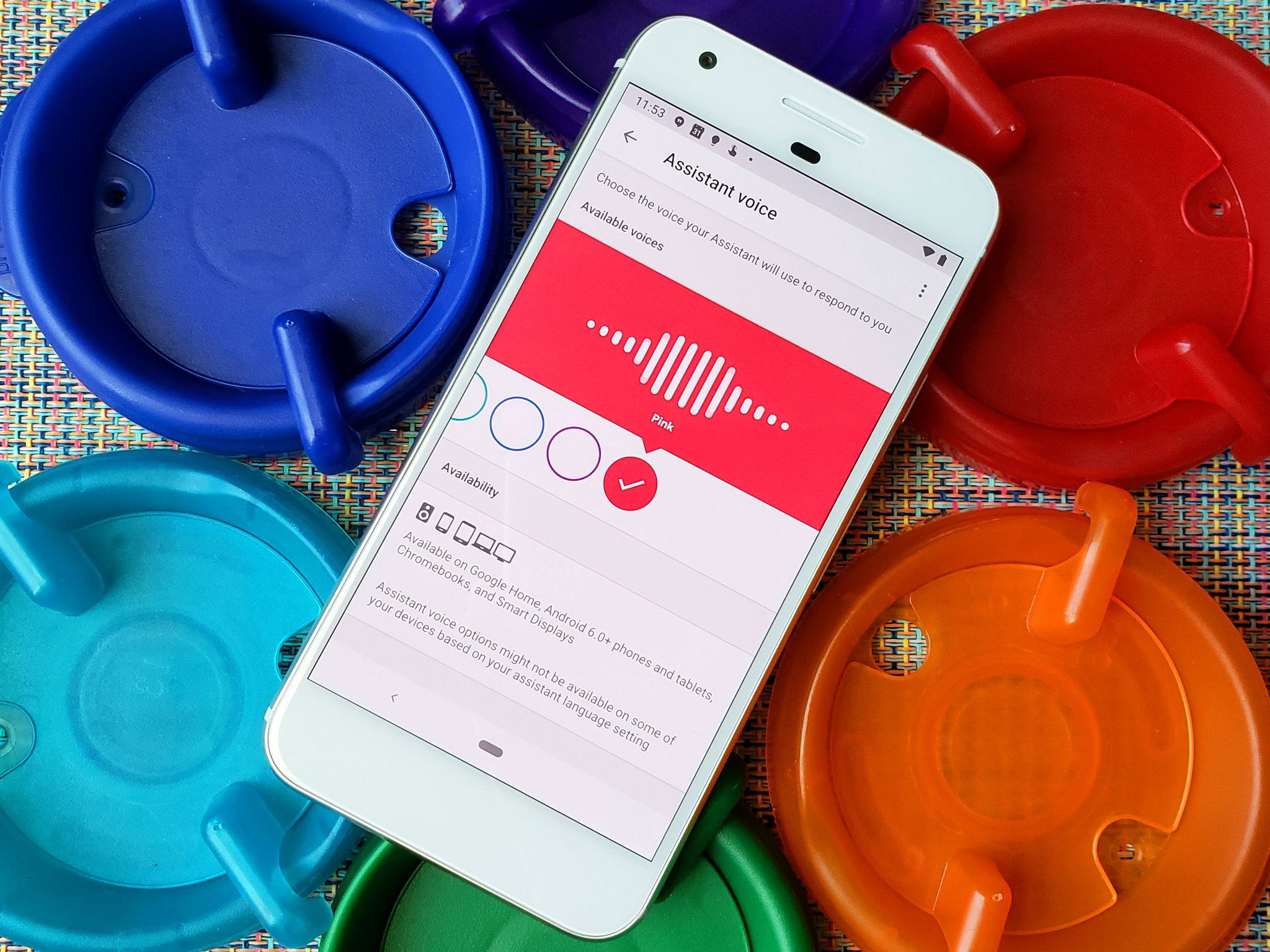The operating system that won't let you set Waze as your default map is trying to call itself the most personal operating system. Riiiiiiight…
The yearly Apple Event where we see the new iPhone X-mas announced and Jony Ive reinventing the polygon is here, and it kicked off with the most ridiculous claim we're likely to see out of Cupertino to date: "iOS isn't just the most advanced mobile operating system, it's the most personal."
Once you're done spitting out your drink — somebody owes me a Coke and a clean top — let's recap all the personalization Apple isn't doing that Android and Google Assistant are.
Setting default apps
Let's start with the Android feature Apple users have been wanting since 2010. If you hate Gmail, you can set Microsoft Outlook as your default email app on an Android. If you hate Safari, you cannot set Google Chrome as your primary web browser on an iPhone. If you don't want Google or Apple, there are literally dozens of other great options.
This culture may be changing, slowly, maybe, if you squint. The biggest takeaway from Apple's WWDC developer event back in May for many people was that Apple CarPlay was going to finally allow users to use Google Maps or Waze. This is a huge step forward, as the inability to use Google Maps has kept many of my iPhone-carrying friends from using CarPlay.
But still, Apple is so ridiculously behind here.
Launcher and system personalization
I've often joked that if you want to personalize an iPhone, all you can do is buy a new case and set a wallpaper. This is an oversimplification, to be sure, but when it comes to the home screen experience on iOS, it's not that far off. You can rearrange the apps on the pages of your app drawer — yeah, iOS lives in the app drawer, it doesn't have proper home screens — but you can't get a better launcher. You can't set any icon packs. You can't add any widgets to your home screen itself; widgets on iOS can only clutter your Today feed.
Personalizing an Android phone can go so far beyond the home screen, too. Samsung Themes have allowed users to make the Android system itself look bold, unique, and perfectly suited to their style. They're far from perfect but on Android we can say this and mean it: if you don't like something about your phone, you can change it.
Google Assistant
But let's not forget the most personal service Google has today on Android and beyond. Google Assistant has grown so far beyond answering simple search questions and telling you the weather. Google Assistant adapts to your tastes; you can tell it you don't like a song and it will remember that for the next dance party. Google Assistant can play games with your children while helping you make dinner; it can help you plan a vacation or set up a science fair experiment.
You can customize not only the way Google Assistant addresses you, you can pick its voice from all the colors of the wind. You can now address Google Assistant in multiple languages, and if you take the train to work but take a car when you're just going out for a fun night, Google Assistant can remember that when you ask how long it'll take to get somewhere. You can even program customized Routines for Google Assistant that will trigger at specific times, letting Google Assistant control your whole home while waking you up or speak up with a reminder every day so that you take regular breaks to stretch and eat.
And because Google Assistant has expanded from Google Home and your phone to Chromebooks and TVs and third-party speakers and iPhones, Google Assistant's personalization can follow you from device to device so that no matter where you talk to Assistant, it feels and responds like your assistant. Siri has been slowly improving, but again is so, so far behind that Google Assistant is comfortably lapping her now.
Personalization requires willingness to change
 Lets not forget when personalizing a phone went right down to the frame with Motomaker.
Lets not forget when personalizing a phone went right down to the frame with Motomaker.
If you don't like Google Assistant, you can set Alexa or Cortana as your default assistance app. If you don't like Siri, then you can try to use Google Assistant instead, but it's going to be a bit clunkier, just as using Inbox instead of Apple's Mail app is. That's because no matter how hard Apple tries to market itself as a personal OS, it's still not giving you nearly the choice that Android is, and Siri will not adapt to your habits, speech patterns, and your tastes nearly as well as Google Assistant will.
So, yeah. The most personal personal mobile OS? That's adorable Apple, but nah.




Post a Comment